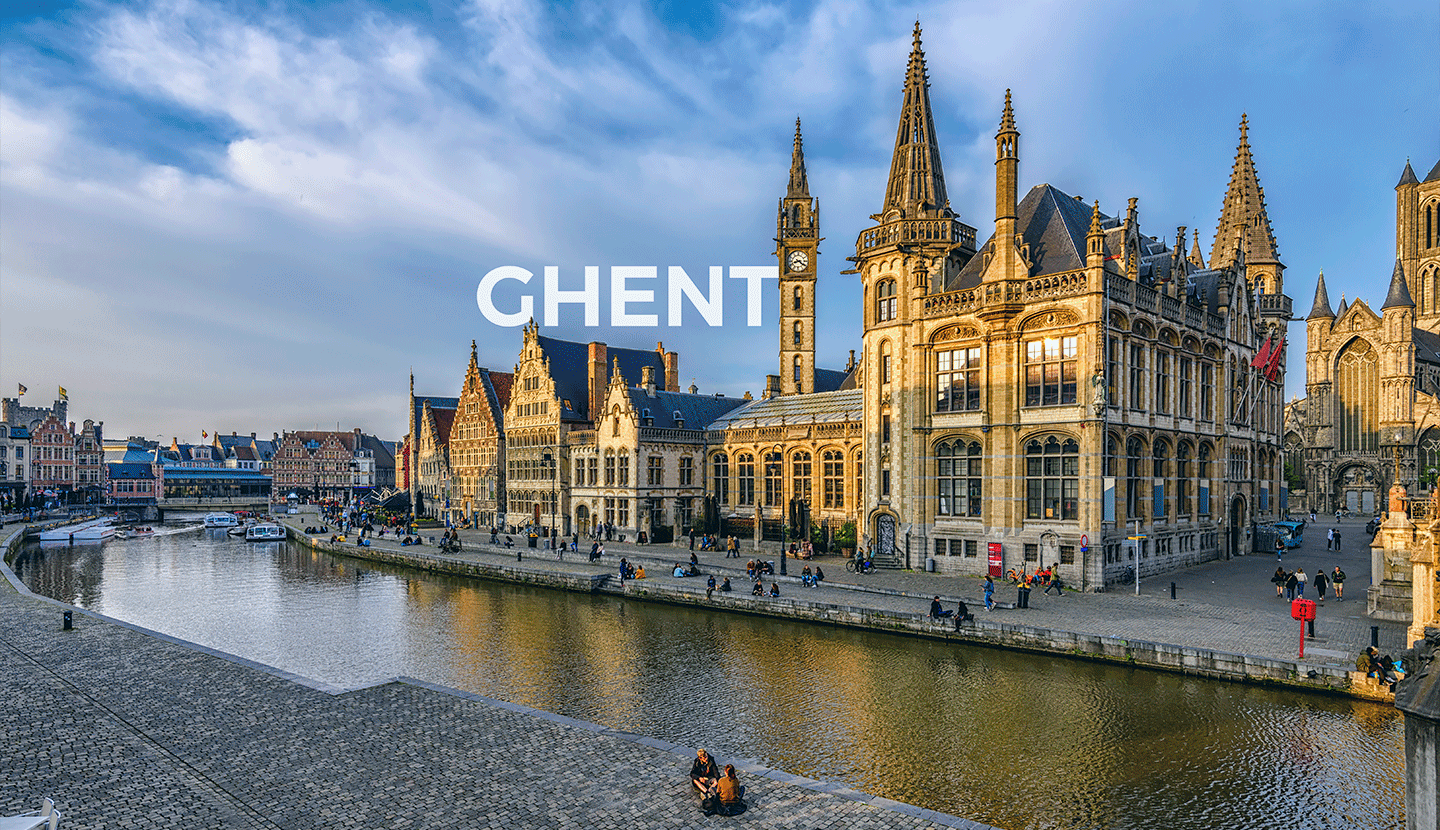
A network of ~100 streams and small rivers will be constituted in the 5 Research cities.
Ghent
In Belgium, the research area is located in south-western Flanders near Ghent, including the city of Zottegem. Despite not being the biggest part of Belgium by area, Flanders with its humid temperature, is the area with the largest population.
The Zwalm river basin has a total catchment area of 117 km2. It forms the main stem of the catchment and has a length of 22 km before flowing into river Scheldt. At the junction, the Zwalm river has an average discharge of about 1 m3 with a very irregular regime.
Despite the recognition of the Zwalm basin as a biodiverse region in Flanders, stream health within the basin is not without issues. The presence of several weirs impedes migration of several organisms such as eel, but also delays invasions. Many parts of the river are still contaminated by diffuse pollution from agricultural land and urban wastewater in which about 40% of the untreated wastewaters are directly discharged into the streams. Also, microbial contamination from cattle and wastewater is an issue and several invasive fish and plants have been detected during the past years. The ditches and streams in the basin have been intensively studied by the Aquatic Ecology Research Unit during the past 20 years.
Recent EU projects such as CROSSLINK and MERLIN also focused on this system. Based on this, large datasets are available on the habitat, chemical and biological conditions and related models that can contribute to OneAquaHealth. Also, the Flemish Environment Agency and Province of Eastern Flanders conducted many sampling campaigns, but these were not focused on the effect of urbanization neither on urban streams.
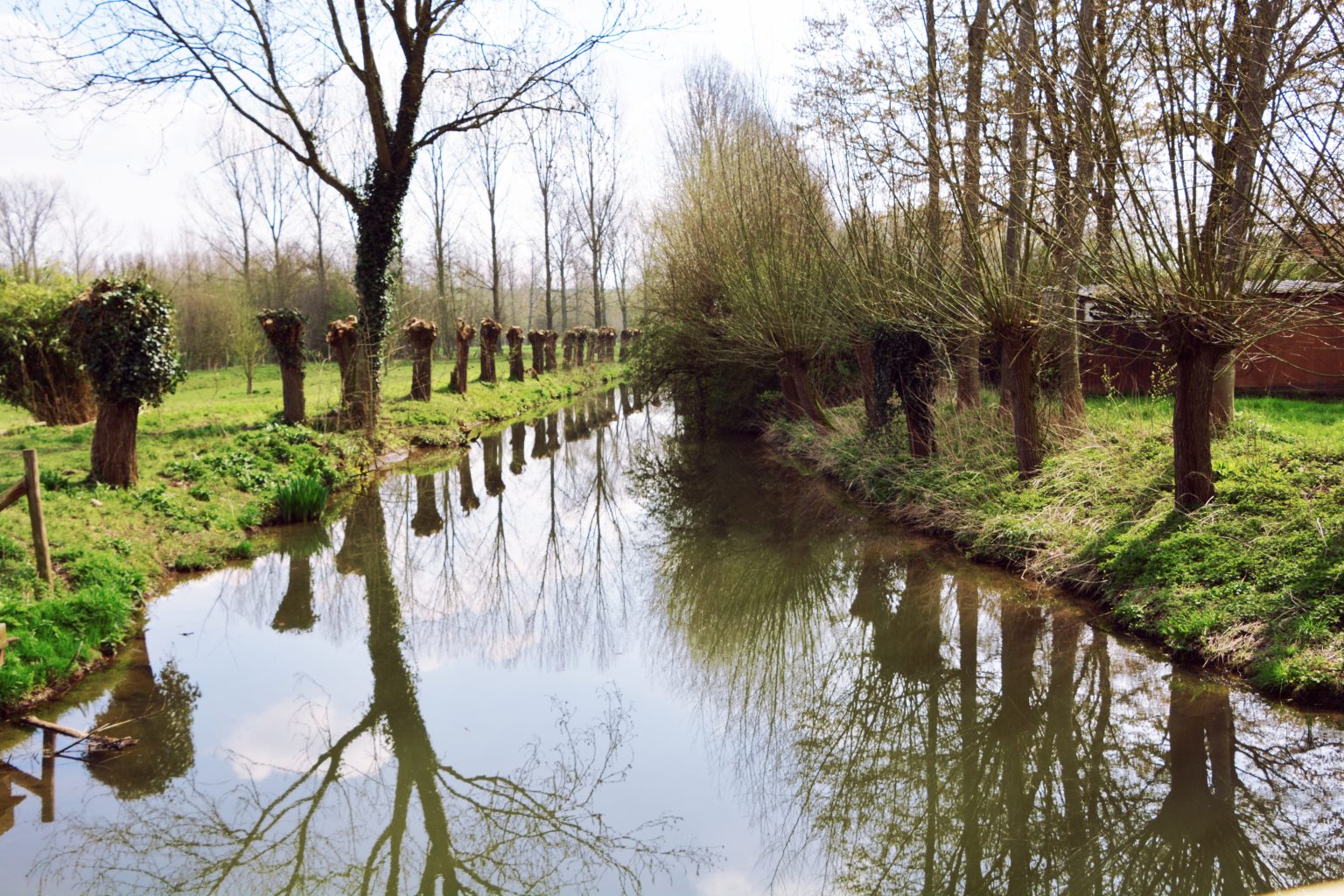
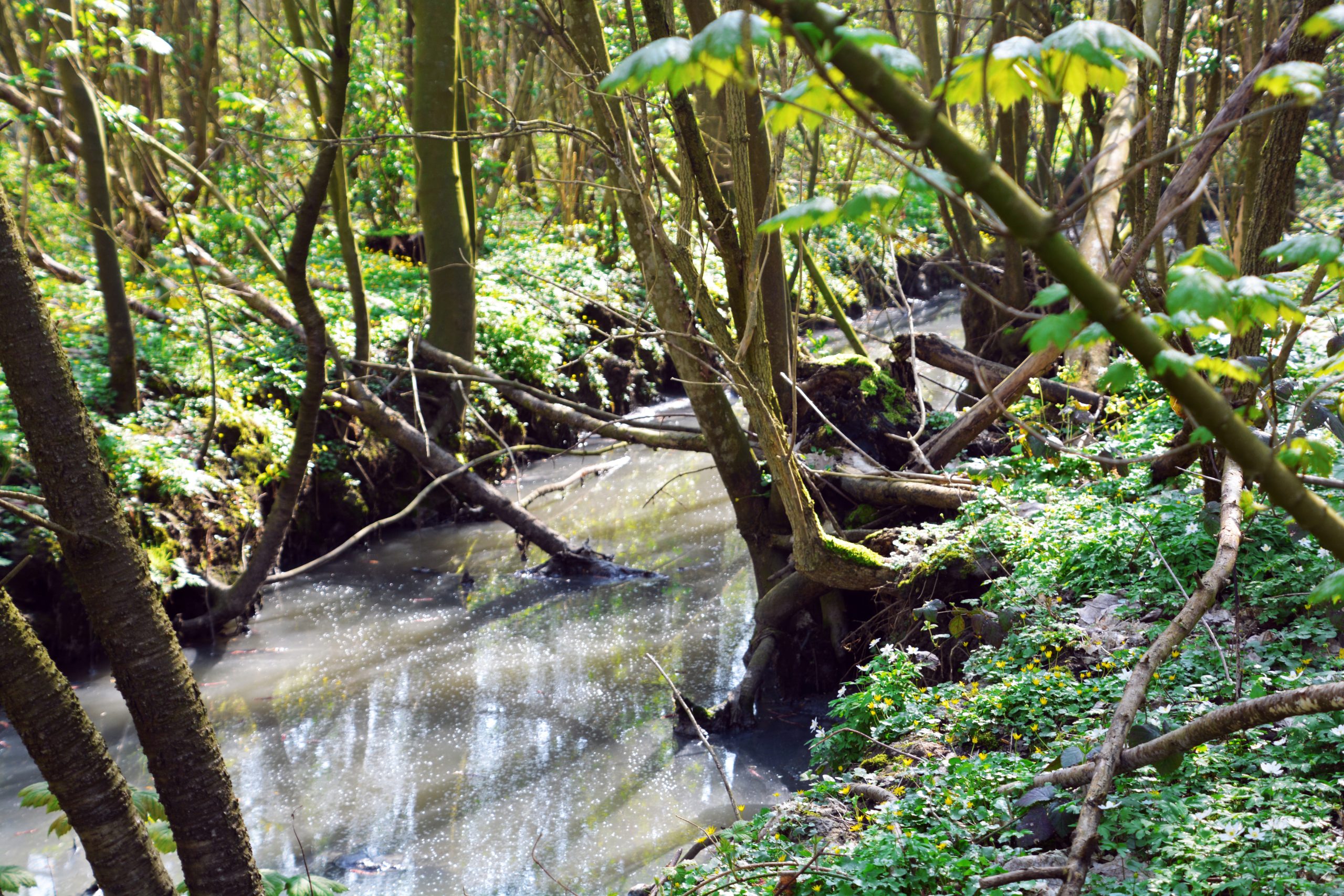
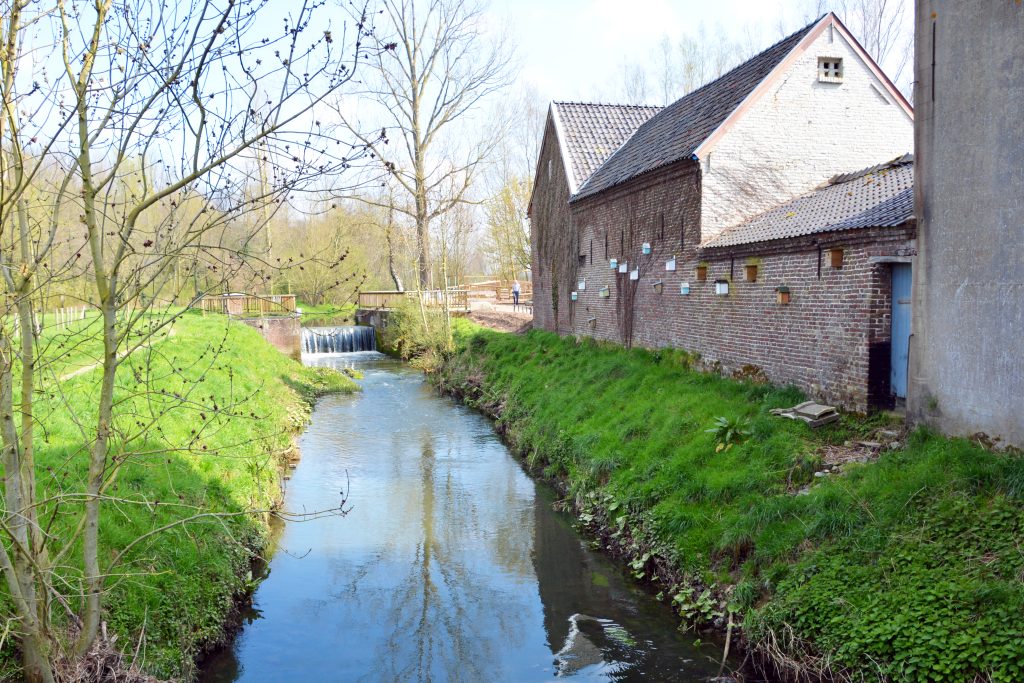
Current status of activities
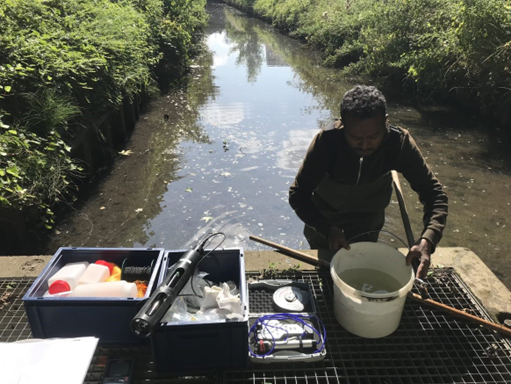
Measurements of ecosystem health indicators
The OneAquahealth team at Ghent University collected water samples for nutrient analysis using standard procedures, and environmental parameters (e.g. dissolved oxygen, conductivity, pH and temperature) were measured on-site using multiprobes. This successful water quality monitoring is crucial in addressing the growing challenges in urban aquatic ecosystems, which pose risks to both ecosystems and human health.
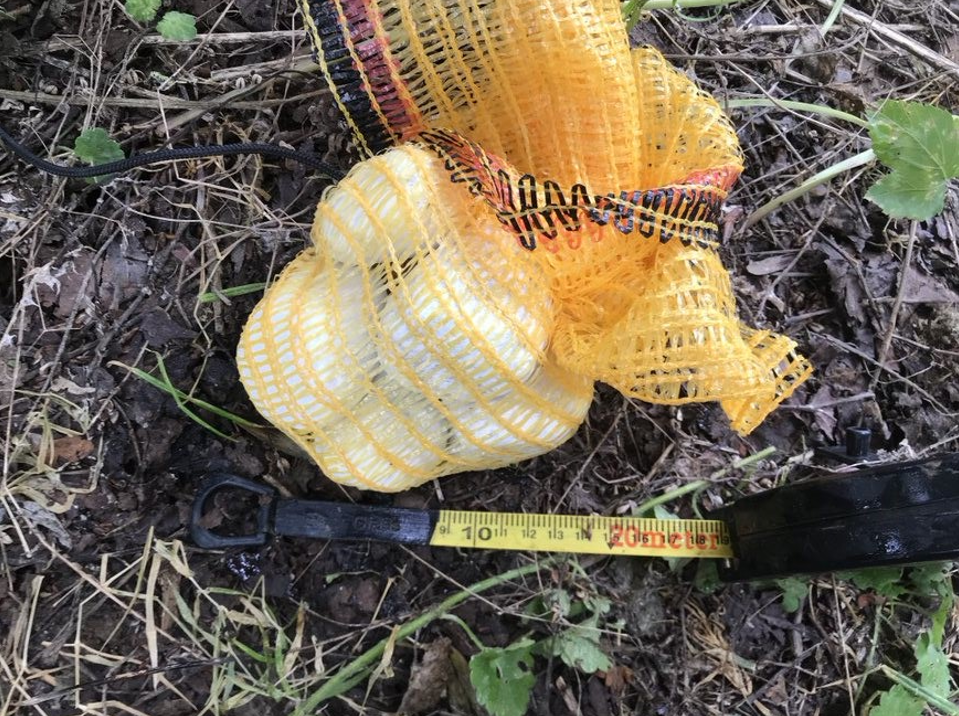
In addition to water quality monitoring, diatoms, which are important indicators of the overall health and quality of aquatic ecosystems, were collected from natural stones according to European sampling and treatment standards. However, artificial substrates were used for sites without natural stones. The fieldwork was successful and will help to effectively assess the current ecological status of urban aquatic ecosystems and allow early detection of pollution events.
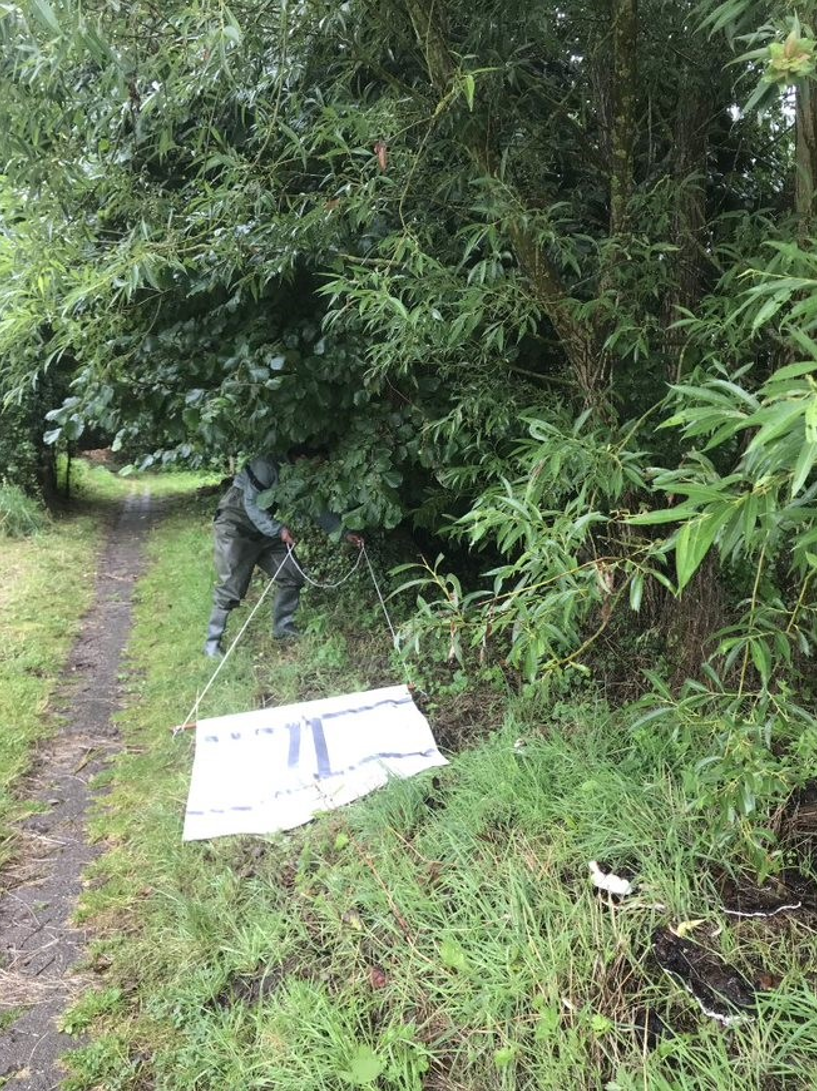
Tick Sampling
In Belgium, particularly in Flanders, tick bites are of growing concern because ticks can carry bacteria that cause Lyme disease and pose a risk to humans. In relation to this, Ghent University’s OneAquaHealth team conducts tick sampling using a 1m x 1m white blanket that is dragged slowly over the vegetation.
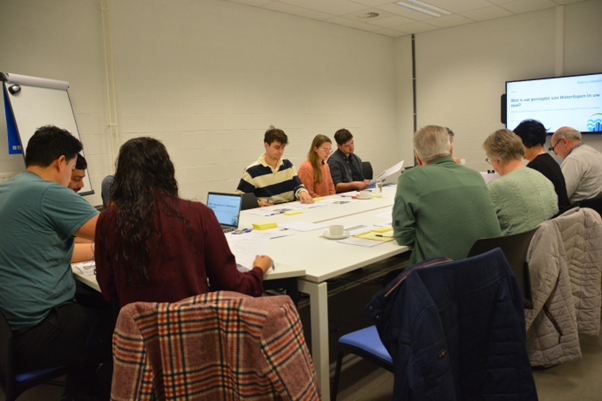
Focus group on citizens’ needs and perceptions of the aquatic systems in Ghent
A focus group workshop was held in Gent on March 5, 2024. Ten participants with diverse backgrounds (e.g. retired, students, employed, expats) participated in the event. The workshop aims to gain insight into the citizens’ ideas, values, needs and expectations on urban aquatic systems and their surrounding areas, as well as on how the citizens would like to report environmental observations (e.g. soil erosion, litter, the proliferation of algae and parasites…).